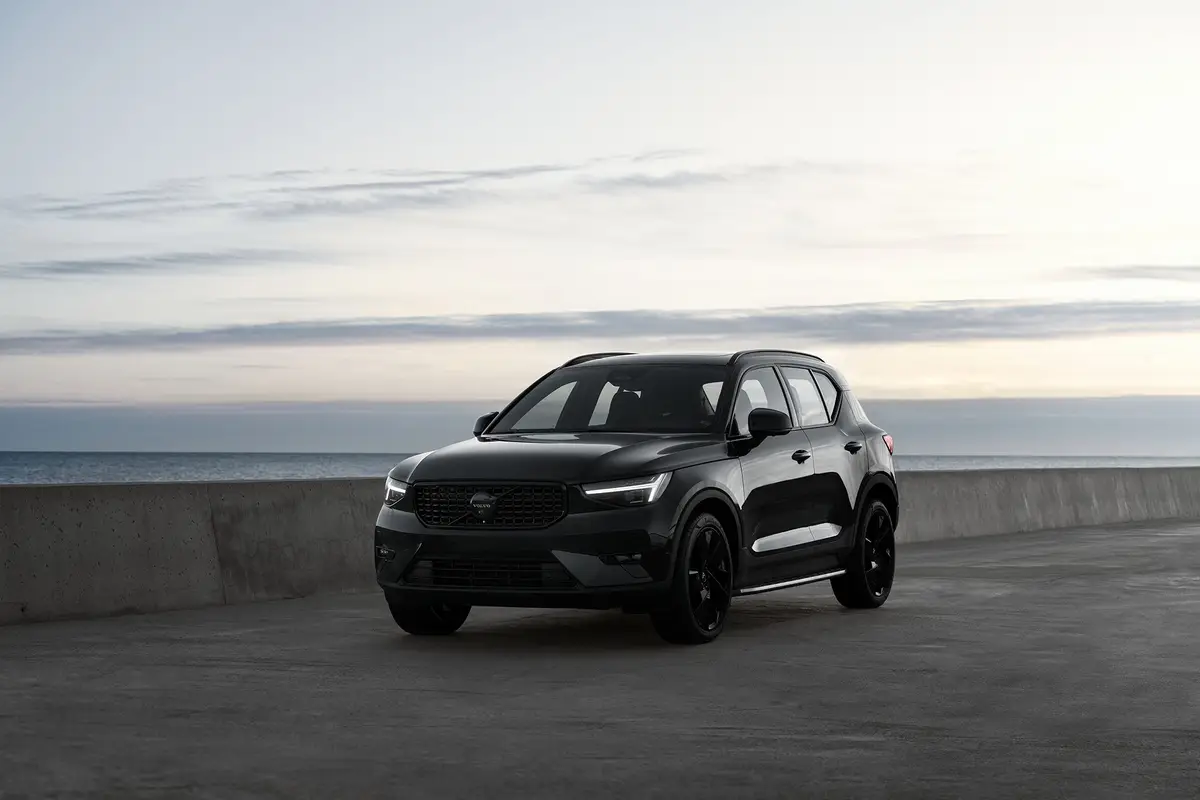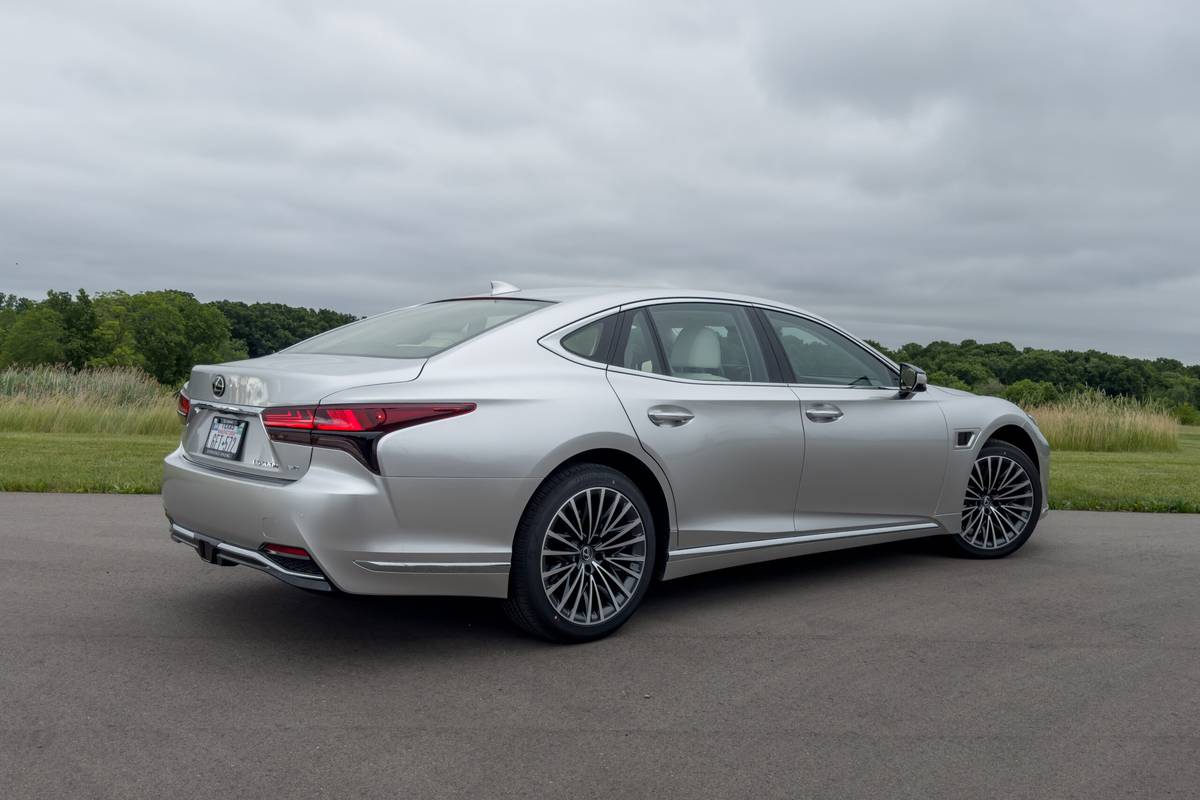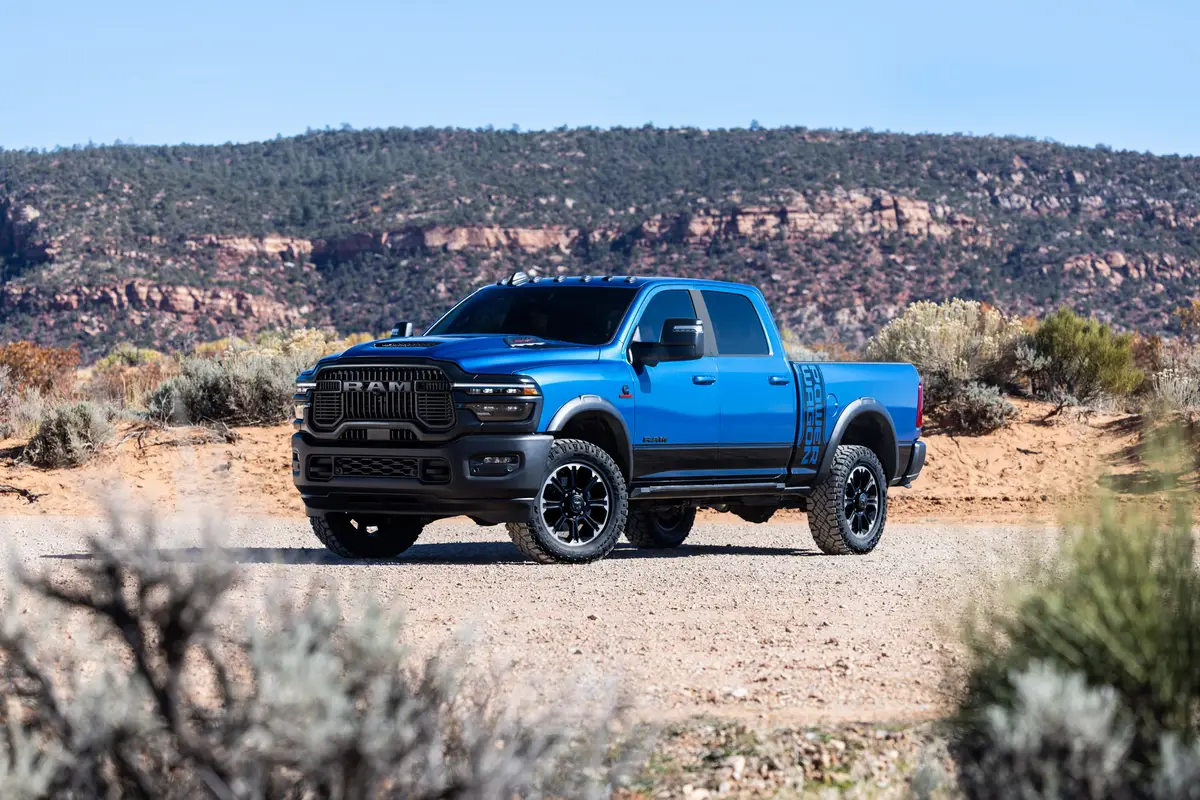Star-Telegram.com's view
Buying an expensive gasoline-electric hybrid sport utility vehicle might not make a lot of sense if saving money on gasoline is the only motivation.
Someone who can pay the $41,000-plus price of the Lexus RX 400h, our test vehicle, probably isn’t as worried about gas prices as those driving, say, Honda Civics.
But the RX 400h’s fuel economy – 27 miles per gallon in the city and 24 on the highway – is a nice plus, especially considering that some of the large, truck-based SUVs do well to get 15 mpg on the highway.
Toyota’s reason for creating the RX 400h wasn’t as much about saving money at the gas pumps as creating an SUV that might be a bit more environmentally responsible, using less gasoline and putting out lower levels of harmful emissions. The vehicle produces 90 percent less smog-forming tailpipe emissions than similar conventionally powered vehicles, Lexus says.
I do suspect, though, that even consumers who can afford today’s expensive gasoline aren’t particularly eager to pay more at the pumps than absolutely necessary.
And while this vehicle’s price is way out of reach of many consumers, it’s not really all that high when compared with even some well-equipped, non-luxury SUVs such as the Toyota Sequoia, Ford Expedition and Chevrolet Tahoe, all of which can run well above $40,000.
The base price of our test vehicle ($41,180 plus $765 freight) actually puts it in the same class with many of those non-luxury models, even midsize SUVs such as the Ford Explorer and Jeep Grand Cherokee that are comparably equipped.
If you could live without the extras tacked onto our tester – such as a $4,130 navigation/audio system and a $2,060 premium package (bringing leather seats, sun roof, memory driver’s seat and more), you’d still have a quite-functional premium SUV at a decent price – with good fuel economy to boot.
The RX 400h doesn’t proclaim “Hybrid!” on the outside as prominently as it should. I suspect that most people who buy hybrids want others to know that they’re driving such a vehicle, and the only indications that this vehicle is different from the gasoline-only RX models are small “Hybrid” badges above each rear fender and the small “h” in the RX 400h nameplate, which is all you see looking at the rear of the vehicle.
Part of the fun of driving a hybrid is helping to promote the idea environmental responsibility, I suppose.
The RX 400h essentially is the same vehicle as the RX 350, but with the hybrid drive system. This arrangement combines a V-6 gasoline with an electric motor to give the RX 400h acceleration that Lexus says is better than that of some V-8 powered competitors.
That’s in keeping with the demographics of the typical high-end hybrid buyers. These consumers, the automaker says, often choose vehicles such as this more for their performance and “cool” factor than the better fuel economy.
Our tester was the front-wheel-drive version; there also is an all-wheel-drive model that has a second electric motor designed to power the rear wheels.
Similar to the Toyota Highlander hybrid – both are built on the same architecture and have nearly identical hybrid drive systems – the RX 400h is designed to provide greater performance, improved fuel efficiency and lower emissions “while sacrificing none of its luxury or utility,” says Lexus, the luxury division of Toyota.
Besides the badges, styling differences from the base RX model include a unique grille, front fascia with an additional air intake, round fog lights, special 18-inch alloy wheels and LED taillights.
Inside, differences include special brushed-aluminum accents (replacing the gasoline model’s wood trim) and a power meter, which replaces the tachometer.
The two-wheel-drive RX 400h has a 3.3-liter V-6 gasoline engine with a high-torque electric drive motor-generator up front. The all-wheel-drive version has those elements along with the second electric motor positioned at the rear to drive the rear axle.
The drivetrain has a combined 268 horsepower (gasoline engine and electric motor together), and 3,500 foot-pounds of axle torque at startup. Lexus says the vehicle can accelerate from zero to 60 mph in 7.3 seconds.
The RX 400h is a full hybrid, which means it can run on electric only, gasoline only or a combination of these. The power steering pump, water pump and air-conditioning compressor are not driven by a belt from the gasoline engine. Instead, they are electrically powered. This allows them to continue functioning when the gasoline engine shuts down at idle or low speeds.
A 288-volt nickel-metal-hydride battery pack under the rear seat powers the electric motor. The batteries are automatically recharged as the vehicle slows down or coasts, or when it is running on the gasoline engine only.
Unlike pure electric cars, the hybrid does not require plugging into an external electric power source to recharge the batteries.
Another electric motor is used up front as a starter and does not deliver any power to the wheels. As with the drive motors, though, it doubles as an electric-power generator when the vehicle is coasting or braking. This motor can either charge the battery pack or provide power to the other electric motors as needed, Lexus says.
A continuously variable automatic transmission is used to drive the front wheels. The separate 50-kilowatt electric motor at the rear of the all-wheel-drive model provides up to 650 foot-pounds of torque on demand, Lexus says.
Safety features include electronic stability control system and electronically controlled braking; seat-mounted side air bags for the front occupants; side-curtain air bags for front and rear passengers; and a tire-pressure monitoring system.
Unlike the Highlander, the RX 400h is offered with only two rows of seating, for a maximum of five people; the Highlander hybrid comes with a third seat and can hold seven passengers.
Cargo capacity is 38.3 cubic feet behind the second seat, the same as in the RX 350. That can be expanded to almost 85 cubic feet by folding down the rear seat, which has a 40/20/40 split design.
Other standard features include rain-sensing windshield wipers and adaptive front headlights that shine in the direction the car is turning; dual-zone automatic climate control; a 10-way power front driver’s seat with memory and an eight-way power passenger seat; a three-spoke steering wheel with controls for the audio system, trip computer and driver-information display; an auto-dimming rearview mirror with digital compass; power, heated, self-dimming outside mirrors; a power single-piece rear liftgate; a power tilt/telescopic steering wheel with memory; a one-touch power moon roof; an illuminated entry system that lights the door handles, scuff plates and front foot wells; and a universal garage/gate opener.
The optional Mark Levinson audio system has 11 speakers and a six-disc CD changer in the dash.
——————————–
2008 Lexus RX 400h
The package: Premium, midsize, front- or all-wheel-drive, four-door, five-passenger, V-6/electric-powered hybrid crossover sport utility vehicle.
Highlights: New two years ago, this luxury hybrid SUV offers a cornucopia of high-technology, along with good fuel economy, great power, and low tailpipe emissions.
Negatives: No third-row seat offered; price climbs significantly with navigation and other extras.
Overall length: 187.2 inches.
Curb weight: 4,365 pounds.
Engine: 3.3-liter V-6; one or two electric drive motors.
Transmission: Continuously variable automatic.
Power: 268 HP (combined gasoline and electric).
Brakes, front/rear: Disc/disc, antilock.
Cargo volume: 38.3 cubic feet (rear seat in place); 84.7 cubic feet (rear seat folded).
Towing capacity: 3,500 pounds.
EPA fuel economy: 27 miles per gallon city/24 highway.
Fuel capacity/type: 17.2 gallons/unleaded regular acceptable, but premium recommended.
Main competitors: Chevrolet Tahoe/GMC Yukon hybrids.
Base price: $41,180 plus $765 freight.
Price as tested: $49,835, including freight and options (front-drive model with premium audio, navigation, leather seats and other extras).
On the Road rating: 9.4 (of a possible 10).
The automotive columns of G. Chambers Williams III have appeared regularly in the Star-Telegram since 1995. Contact him at chambers@star-telegram.com.
Latest news



